-
Courses

Courses
Choosing a course is one of the most important decisions you'll ever make! View our courses and see what our students and lecturers have to say about the courses you are interested in at the links below.
-
University Life

University Life
Each year more than 4,000 choose University of Galway as their University of choice. Find out what life at University of Galway is all about here.
-
About University of Galway

About University of Galway
Since 1845, University of Galway has been sharing the highest quality teaching and research with Ireland and the world. Find out what makes our University so special – from our distinguished history to the latest news and campus developments.
-
Colleges & Schools

Colleges & Schools
University of Galway has earned international recognition as a research-led university with a commitment to top quality teaching across a range of key areas of expertise.
-
Research & Innovation

Research & Innovation
University of Galway’s vibrant research community take on some of the most pressing challenges of our times.
-
Business & Industry

Guiding Breakthrough Research at University of Galway
We explore and facilitate commercial opportunities for the research community at University of Galway, as well as facilitating industry partnership.
-
Alumni & Friends

Alumni & Friends
There are 128,000 University of Galway alumni worldwide. Stay connected to your alumni community! Join our social networks and update your details online.
-
Community Engagement

Community Engagement
At University of Galway, we believe that the best learning takes place when you apply what you learn in a real world context. That's why many of our courses include work placements or community projects.
Hydrology and Water Quality
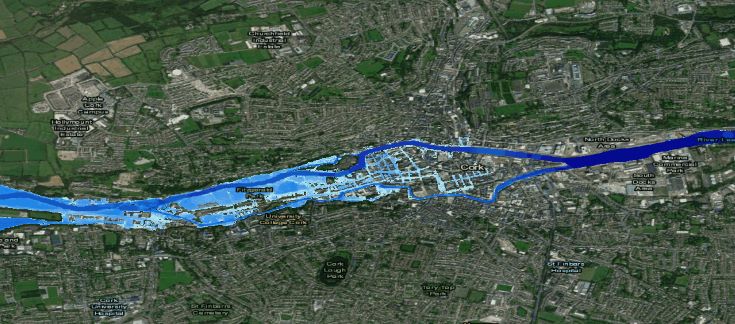
Surface waters are an essential renewable natural resource for both humans and the environment. Transitional, coastal and inland waters are home to a wide variety of flora and fauna, many of which provide food sources for humans, they serve as recreational areas, provide shipping/boating access to ports and offer coastal protection. However, these waterbodies are threatened by the synergistic effects of multiple, co-occurring anthropogenic-driven environmental pressures that result in multiple, often compounds hydroclimatic events such as floods, droughts, heat waves, nutrient enrichment or spread of invasive species.
Surface inland and coastal waters act as natural storage for land-generated pollutants such as nutrient run-off from agriculture and domestic/industrial effluents, thus preventing pollution of our oceans. Over the past decades, surface water quality has been deteriorated due to increasing population, urbanization, and industrialization, which have contributed to diverse environmental pressures on the aquatic environment such as eutrophication and acidification.
We use our hydrological and hydrodynamic models to study the effects of meteorological and climatic conditions on our surface waters, and their impacts on hydrological events such as floods, droughts and extreme surface water temperatures. We also study water quality processes in surfaces waters using numerical models and Earth observation to understand transport of pollutants and aquatic ecology.
Examples of current projects include:
- Novel approaches for forecasting multi-hazard hydrological events (StopFloods4.ie) - funded by Research Ireland
- Past and future droughts in Europe – funded by University of Galway
- Integrating remote sensing into ecosystem change and marine management processes (RS4EcoChange ) - funded by Irish Marine Institute
- Monitoring and modelling of coastal erosion in Brandon Bay – funded by Science Foundation Ireland and Irish Marine Institute
- Development of machine learning ocean forecast models – funded by Irish Marine Institute
- An exploitation of remote sensing products for water quality monitoring (AquaCop) - funded by Irish Environmental Protection Agency
- Improvement of Marine Institute operational modelling system and observation network of Irish marine waters using state-of-the-art model with data assimilation (MareDA) - funded by Irish Marine Institute
- Development of engineering solutions for climate resilient communities (CREPS) - funded by Irish Environmental Protection Agency
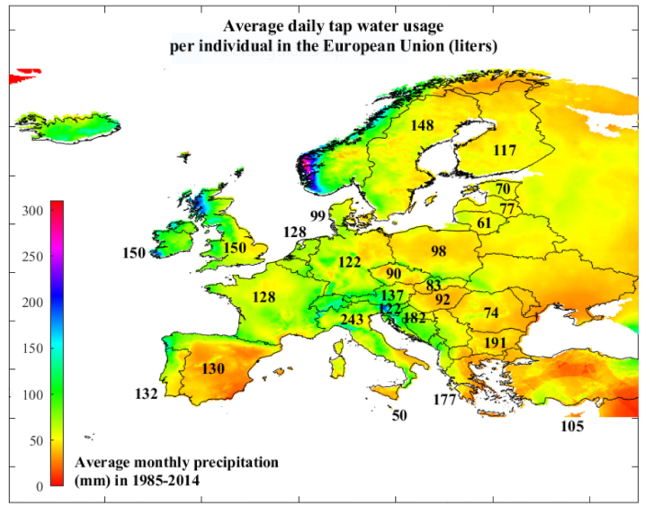

People
Academic Staff
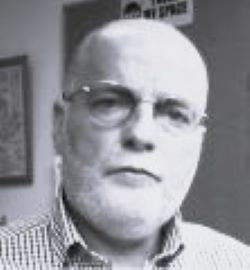
Prof Michael Hartnett
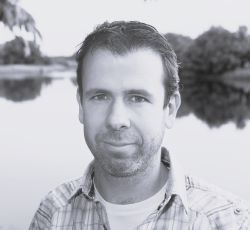
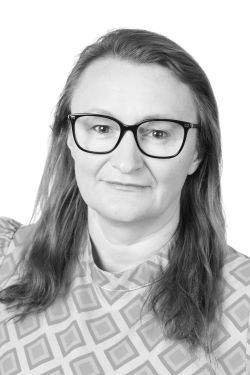
Dr Indiana Olbert
Technical Staff
















